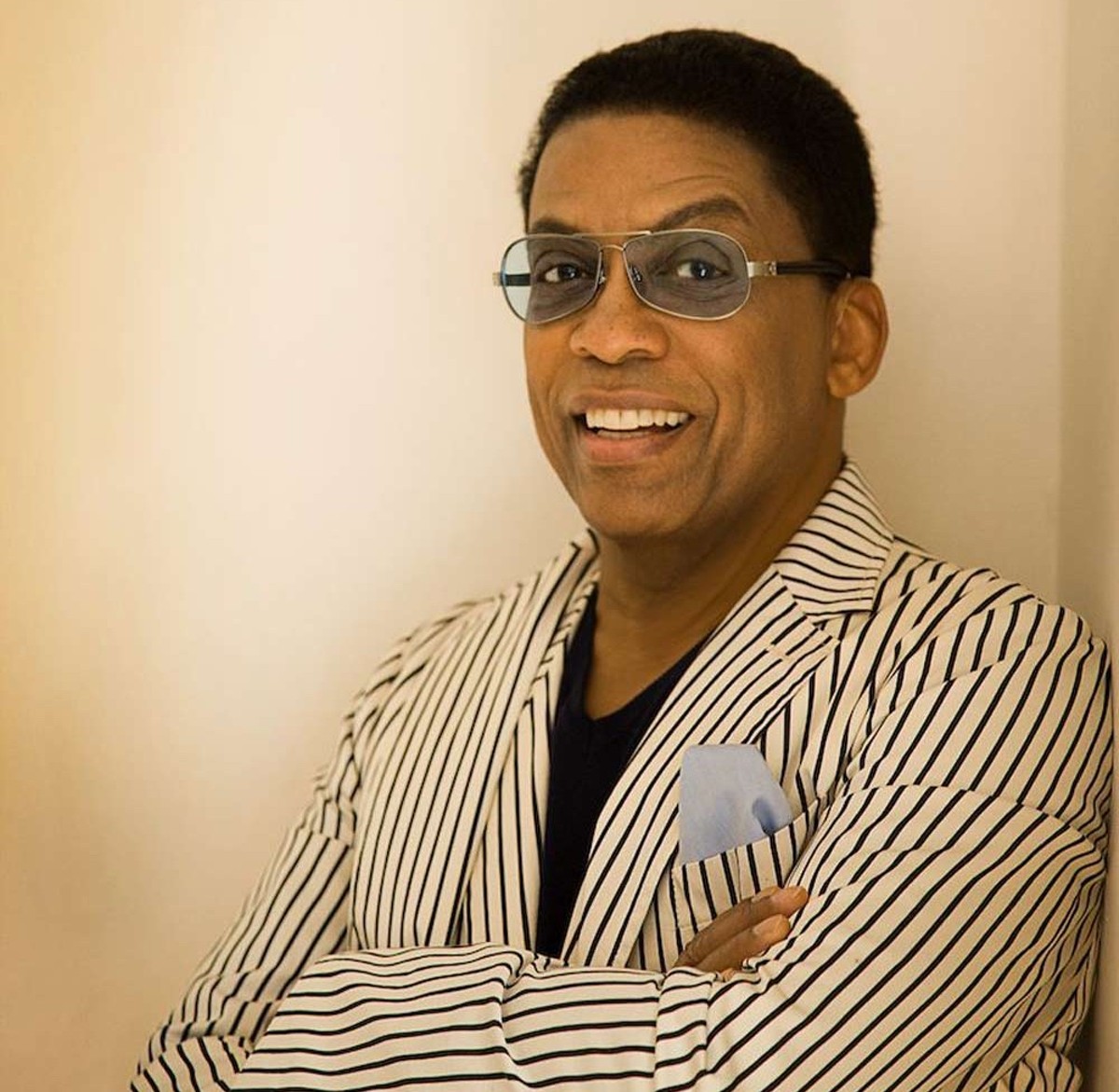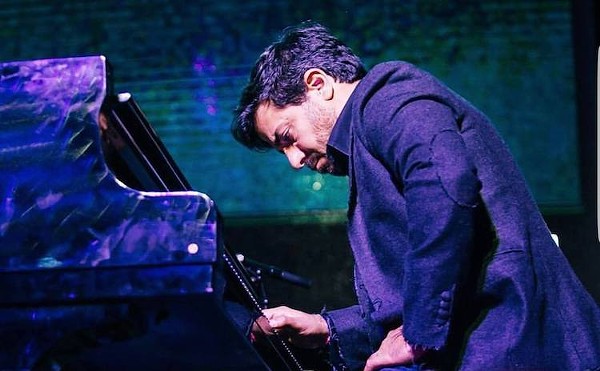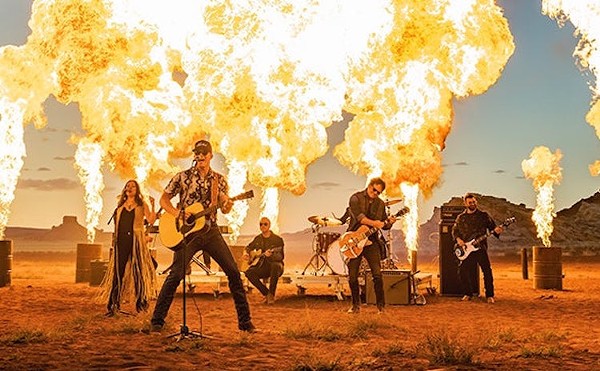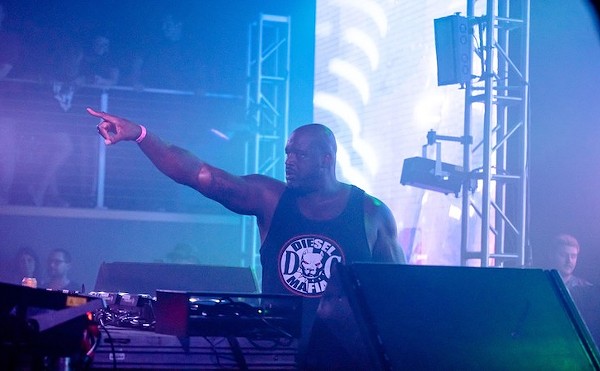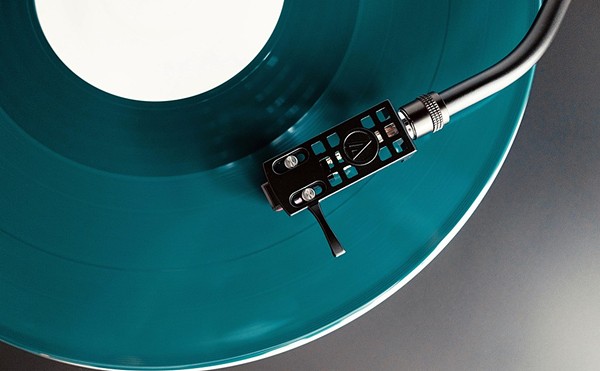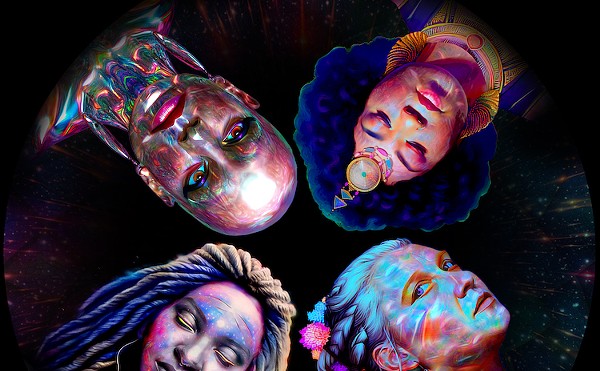Every year we eagerly wait to celebrate the same holidays and special occasions like clockwork, with the attendant get-togethers, seasonal diversions, food and song. One thing that you can't count on is the next time something or someone truly great comes to your part of the world. In this particular case, it's the maestro Herbie Hancock blessing us with a show at the Dr. Phil this week.
Here is a sensory thrill that no theme park could match. This is an occasion to see and hear our cultural past, present and future all at once and in one person.
Herbie Hancock is an artist whose musical contributions to the world can be seen and heard seemingly everywhere, from his beginnings with Donald Byrd to his time in Miles Davis' Second Great Quintet (alongside lifelong musical partner Wayne Shorter) to the genre-splintering fusion years of the 1970s. Here are the roots of much of the 21st century music we have today — electronica, hip-hop, neo-soul and R&B. Many of his works have spawned their own movements; the influence of the robotic "Rockit" and "Nobu" and albums like Thrust and Future Shock can be heard in the music of Skrillex, Daft Punk, Aphex Twin, Thundercat and Snarky Puppy. Who's to say where he'll go next?
Orlando Weekly had the singular honor of conversing with Hancock ahead of this concert.
Half-kidding, but what's it like to have created the music of the 21st century starting back in the 1960s?
That's the kind of stuff I like to do, full of surprises. Things you wouldn't think would connect that do. I don't want to be stuck in one genre. I like a variety of things and like to cross borderlines. That's what stimulates my creativity. It's great to be able to explore and combine old things with new things with whatever comes to mind. If I hear an idea that I've never heard before, well, that's what I want to check out.
You definitely don't seem like someone who gets stuck in a comfort zone. This can be heard in the band you're touring with, and we hear you're pulling out an array of instruments too — keytars, vocoders, a Fender Rhodes. What can we expect to hear?
There's gonna be pieces I've recorded on different Headhunters records; there's a moment where "Rockit" gets worked in there. So it's kind of a return to something that people in the audience will know but I don't do them like the record ... I already did that. I tell them, if you came here to hear the record, you came to the wrong place. The record is in your house.
I'll use these tunes like a lure with a fish, reel you in and then play you something that has evolved since you last heard it.
Nice way to put it, "evolved."
There's a lot of young people that weren't even born when these tunes were recorded. That's what blows my mind, you know.
Since the last time you played here several years ago during a short tour of improvised concerts with Wayne Shorter, a lot has happened. You've had an institute named after you, Herbie Hancock Institute of Jazz. You had a role in the science fiction film Valerian and the City of a Thousand Planets. Forward motion and technological advancements are hallmarks of your creative process. You seem like the perfect person to chime in on a very hot topic right now, AI ...
I look at so many videos on YouTube about AI. It's happening now with what Apple is calling Apple Intelligence — their next watch coming out is going to have a lot more AI on it. Look, I'm waiting for that. An AI assistant? Sign me up! I'm looking forward to that. I know a lot of people are afraid of it, and I understand that. On the other hand, AI can be really helpful for the future, but it's going to change a lot of things in the future.
That's a lot to take in, but it's not going away and it would be a mistake to take it away because I believe AI is going to help us become better human beings. AI is going to help us solve things like climate change, things I don't think we're capable of doing ourselves anymore.
Do you think we'll listen? Because historically speaking, cooler heads seldom prevail, past or present.
I've been talking to people about AI for a few years now with a project in Australia at one of their universities so I'm no stranger to it. It's been on my mind for a few years now. There's a lot more on the horizon, if we do have a future. I don't think we'll have a future in one way or another if we don't embrace AI.
Last question: One could say Herbie Hancock has not only attained the status of a jazz titan, but also a statesman. Do you have anything to impart to us?
One observation that is very important to me came to me through my practice of Buddhism. ... There's only one family in the world, it's all of us. And not everyone likes everyone in their family. [laughs] I've said this to audiences and they laugh, because it's true. But if we're family, don't we try to help them? Don't we try to encourage them? Don't you care about them? Imagine if we did that with everyone in the world.
So instead of trying to get something for yourself, try helping other people — that's the way to live and move forward in the world.
Location Details
Subscribe to Orlando Weekly newsletters.
Follow us: Apple News | Google News | NewsBreak | Reddit | Instagram | Facebook | Twitter | or sign up for our RSS Feed

